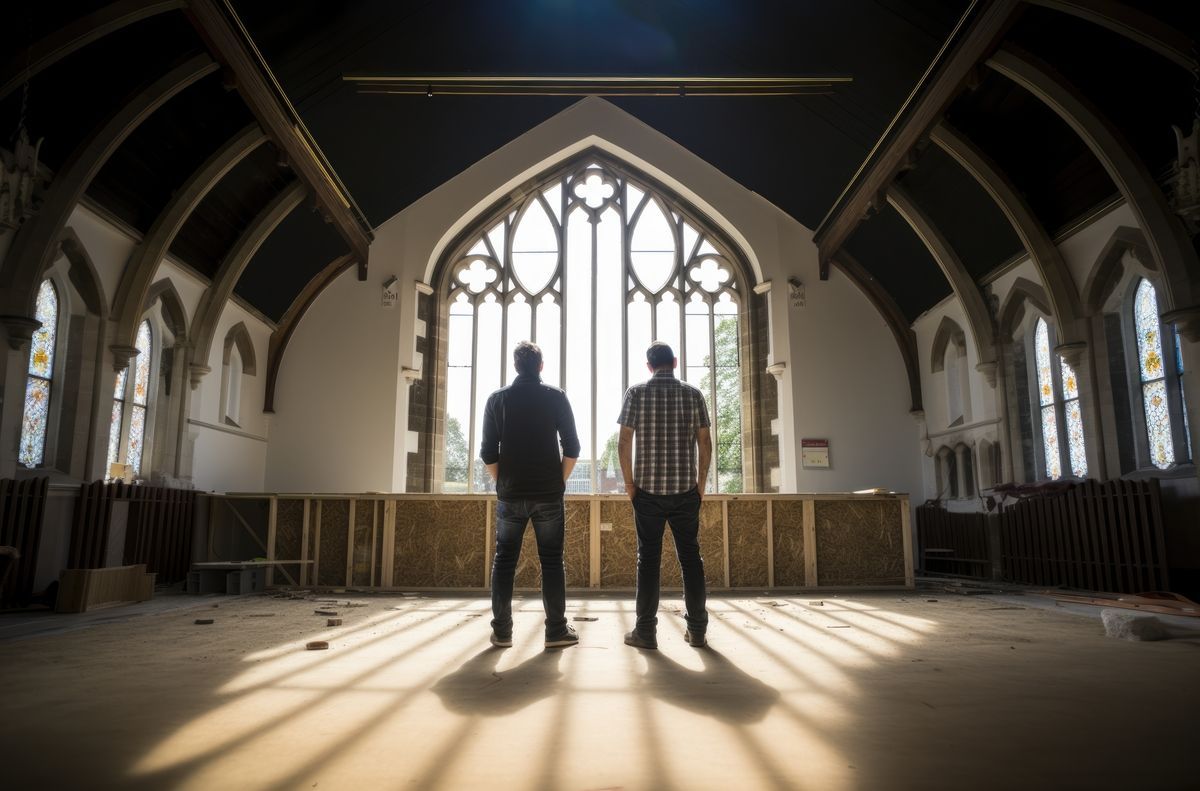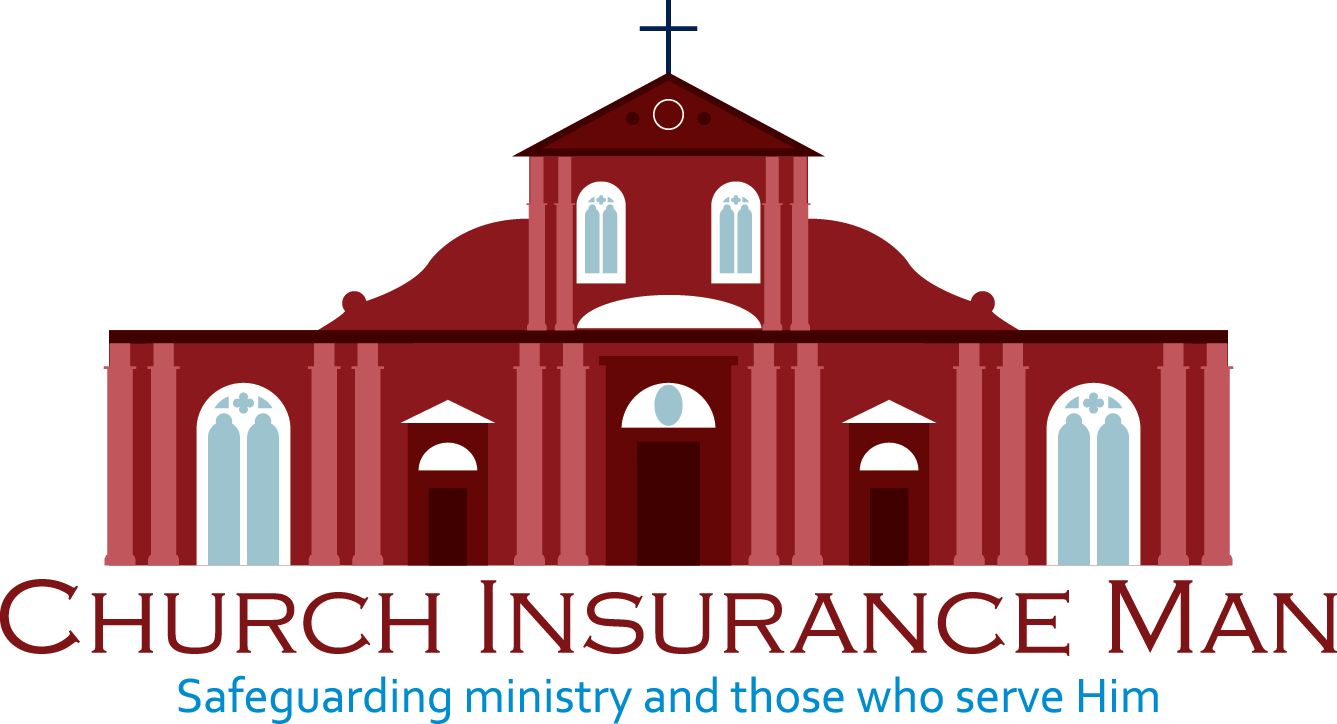Safeguarding Your Church's Digital Presence: Cyber Insurance and Risk Management for Ministries
Importance of Cyber Insurance for Churches
The rapid advancement of digital technologies and the increasing use of online platforms by churches have provided countless benefits, such as enhanced communication, expanded reach, and increased efficiency in various administrative tasks. Resources like social media profiles, livestreams, church websites, and mobile applications enable churches to connect with and engage their congregations while sharing faith-based messages with a broader audience. However, as churches increasingly embrace the digital world, they also face a growing array of cyber threats that can compromise sensitive data and jeopardize their online presence.
Cyber attacks, data breaches, and other malicious online activities can have significant consequences for a church, ranging from financial losses and reputational damage to potential legal ramifications. As a result, it's essential for modern ministries to recognize the risks associated with their digital presence and take proactive steps to protect their valuable online assets. One way to achieve this is by incorporating cyber insurance coverage into their church insurance package.
In this blog post, we will explore the importance of cyber insurance for churches, shed light on the various cyber risks faced by ministries in today's digital landscape, and offer practical guidance for implementing effective risk management strategies. By understanding the intricacies of cyber insurance and adopting a proactive approach to digital risk mitigation, your church can confidently navigate the online world, utilizing technology to enhance its mission and impact within the Macon, Columbus, Gainesville, and Gwinnett areas.
1: What are the Risks and Consequences of Cyber Attacks on Churches?
As churches increasingly rely on technology to manage various aspects of their ministry, they become vulnerable to cyber threats. Some common risks faced by modern ministries include:
A. Ransomware Attacks:
Cybercriminals use ransomware to encrypt a church's computer systems, demanding payment in exchange for restoring access to the data.
B. Data Breaches:
Unauthorized access to sensitive information, such as donation records and personal data of church members, can lead to financial loss and reputational damage.
C. Phishing Scams:
Cybercriminals often target church staff with phishing emails that appear legitimate, with the intent of stealing login credentials or other sensitive information.
D. Website Vulnerabilities:
Out-of-date software or weak security measures can leave church websites susceptible to hacking, defacement, or the spread of malware.
Understanding the potential risks and consequences associated with cyber attacks allows churches to prioritize their digital security efforts and invest in appropriate protection measures.
2: How to Select the Right Cyber Insurance Coverage for Your Church's Digital Needs?
While taking various precautions to protect your church's digital presence is crucial, it's equally important to prepare for the possibility of a cyber attack or data breach with appropriate insurance coverage. When evaluating cyber insurance options, consider the following factors:
A. Coverage Limits:
Evaluate the worth of your church's digital assets and potential financial impact of a cyber attack or data breach to determine adequate coverage limits.
B. Scope of Coverage:
Review policy offerings to ensure they include essential protections, such as data breach response costs, cyber extortion, business interruption, and crisis management support.
C. Exclusions and Limitations:
Be aware of your policy's restrictions and exclusions, understanding any limitations on coverage to avoid unexpected denials of claims.
D. Tailored Coverage:
Work with a church insurance specialist to customize your cyber insurance policy, ensuring the policy aligns with your church's unique digital landscape and risk profile.
3: How to Implement Effective Cyber Risk Management Strategies To Minimize Threats and Enhance Church Security?
Investing in cyber insurance is just one element of effective cyber risk management. Implement a proactive approach to digital security for your church by employing the following strategies:
A. Regular Network Assessments:
Conduct network vulnerability assessments on a consistent basis to identify potential weak points and update security measures accordingly.
B. Timely Software Updates:
Keep all software up-to-date, including antivirus programs, firewalls, and cyber security tools, to ensure your digital assets are as protected as possible.
C. Password Management:
Encourage staff and volunteers to use strong, unique passwords for all accounts, utilizing password management tools to enforce regular password changes and secure storage.
D. Training and Education:
Educate staff and volunteers on cyber security best practices, teaching them how to recognize and respond to phishing scams, suspicious emails, and other online threats.
E. Incident Response Plan:
Develop a formal incident response plan outlining the steps to take in the event of a cyber attack or data breach, ensuring staff members are prepared to act effectively when faced with a cyber security crisis.
4: What are the Role of Church Staff and Volunteers in Cyber Security and Risk Management Efforts?
Church staff and volunteers play a significant role in maintaining the security of your church's digital presence. Encourage their involvement in cyber risk management efforts by:
A. Cultivating a Culture of Security:
Foster a culture of responsibility and awareness around digital security, highlighting the importance of vigilance and involvement in risk management efforts.
B. Establishing Clear Policies and Procedures:
Implement clear policies regarding the use of church-owned devices, secure storage of sensitive data, and remote access to digital assets, ensuring staff and volunteers understand their responsibilities.
C. Providing Ongoing Training:
Offer training and support to staff and volunteers, helping them stay informed about current threats and best practices for managing cyber risks.
D. Rewarding Diligence and Proactivity:
Recognize and reward staff and volunteers who demonstrate diligence and proactivity in identifying and addressing potential risks to your church's digital presence.
Embrace the Benefits of Digital Technology While Safeguarding Your Church's Online Presence
With the ever-growing reliance on technology to support the mission and operations of churches, it's essential to ensure your congregation and its resources are safeguarded from potential cyber threats. By understanding the risks associated with online activities, investing in
comprehensive church insurance coverage, and implementing proactive risk management practices, your church can confidently embrace the benefits of digital technology while protecting its vital online presence.
Partner with Church Insurance Man to find tailored cyber insurance solutions and expert advice to guide your
church in the Macon, Columbus, Gainesville, and Gwinnett areas through every stage of its digital journey. With our dedicated support, your church can focus on its mission and spiritual growth without the burden of constant worry about online vulnerabilities.











